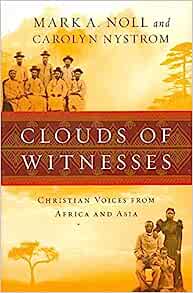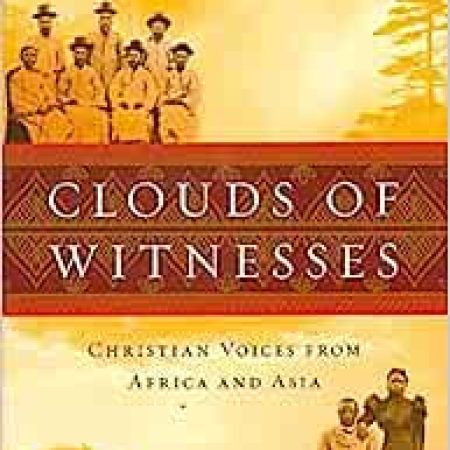
This is one of those books that proves why e-readers will never be able to completely replace the printed book. It’s beautifully produced with an attractive cover; it’s nicely laid out and an absolute delight to hold and read. I love my Kindle for convenience but give me a good, well produced book that looks and smells like a book in my hand any time.
Having said all that, there are more important reasons to commend this particular book. Few things inspire me more than the accounts of faithful believers who have lived and finished well. This book is a collection of such records and is intended to redress a western imbalance to the history of the Christian church and mission, highlighting as it does 17 spiritual leaders from Africa and Asia who have left their mark. Some of them I was already familiar with; people like Byang Kato and Janani Luwum of Africa and John Sung, Sundar Singh and Wang Mingdao of Asia, but it was thrilling to be introduced to a host of new heroes and heroines. The writers give us an eclectic mix of characters; mystics and revolutionaries, tribal chief and Bishops.
I do, however, have one major problem with the book. All those featured are described as ‘Christian voices’ but, as is sadly so often the case today, the term Christian is very elastic. In their introduction, Knoll and Nystrom say, ‘As evangelical Protestants, it has been easier to find and write about individuals with connections to evangelical movements, though we have also made a point to include non-evangelicals, one Catholic and several others who are difficult to categorise by the standard definitions of Western Christian traditions.’ I find the suggestion that the term ‘Christian’ can be defined culturally and traditionally rather than biblically disturbing, especially in a book published by a leading evangelical company. To include a spiritual leader, however heroic his resistance to the communist regime of his day, as a ‘Christian voice’ when, in the writers’ own words, his ‘entire conception of Christianity was defined by loyalty to the pope’, is a cause for genuine concern.
Having said that, this is an inspiring book and there are far more positive aspects than negatives and I would commend it to all who want to share in the blessing of the growth of the world-wide, multicultural church.
Inter-Varsity Press,US (1 April 2011)
